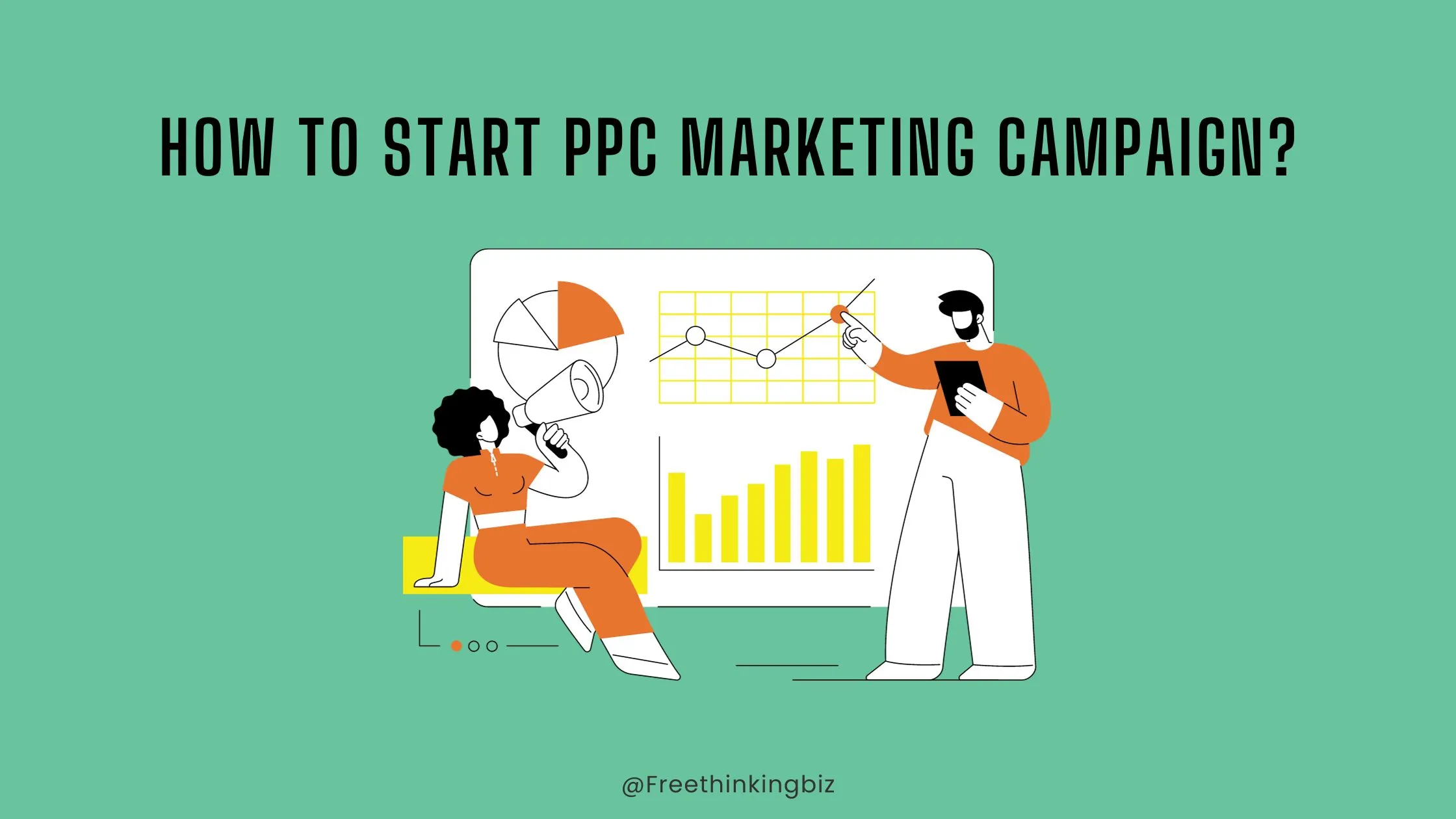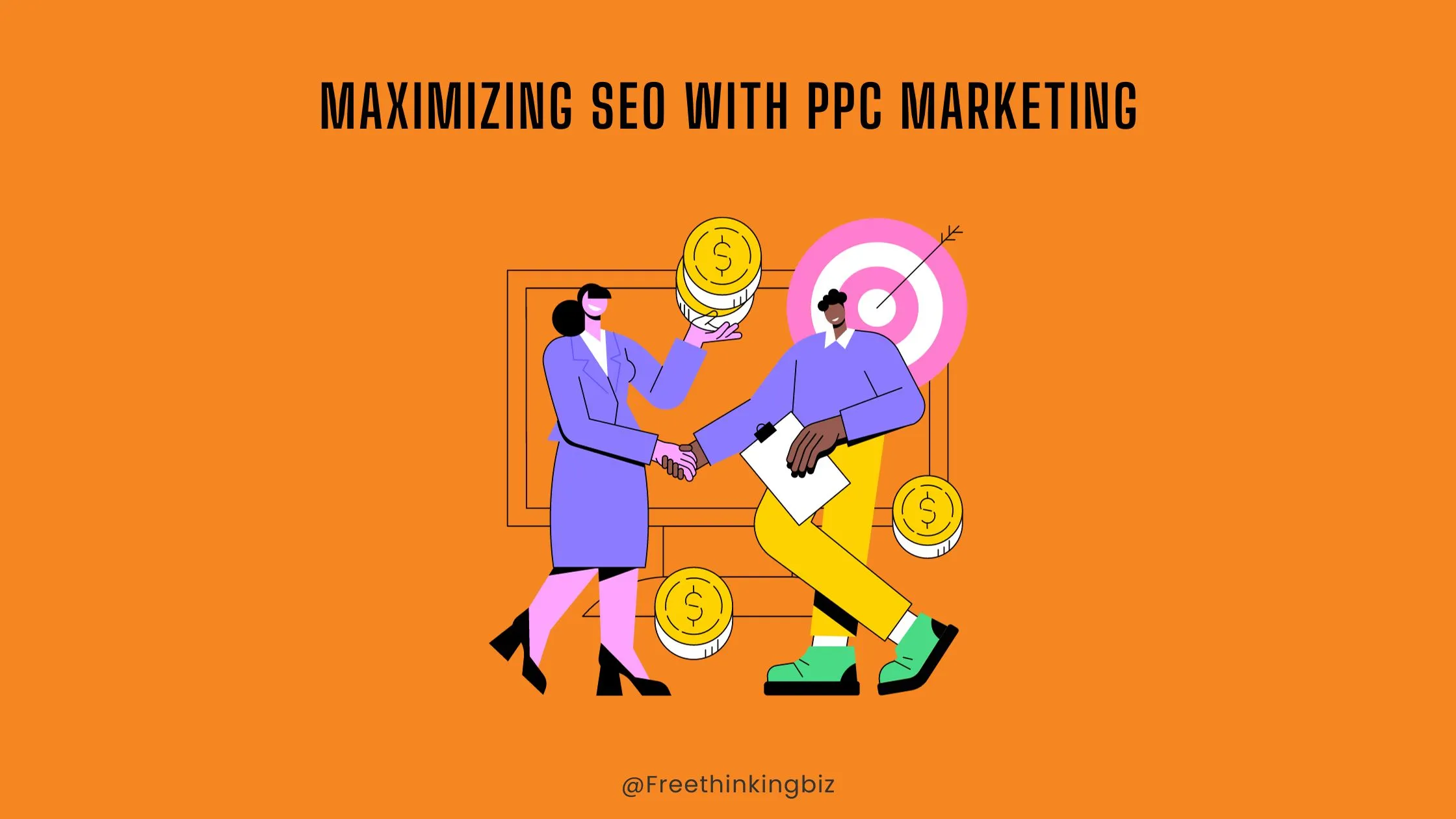In the ever-evolving world of digital marketing, Pay-Per-Click (PPC) stands out as a strategy that can yield almost instantaneous results. What differentiates a successful PPC campaign from one that burns through your budget with little to show for it? The secret lies in effective PPC keyword research methods. Whether you’re starting your first campaign or looking to optimize an existing one, understanding how to do keyword research for PPC is fundamental to your success.
What is PPC?
PPC, or Pay-Per-Click, is an advertising model where you pay a fee each time your ad is clicked. It’s a way to buy visits to your site rather than earning them organically through search engine optimization (SEO). Search engine advertising is one of the most popular forms of PPC, allowing advertisers to bid for ad placement in a search engine’s sponsored links.
Importance of PPC Keyword Research in an Ad Campaign:
Keyword research forms the foundation of any successful PPC campaign. Your choice of keywords can directly impact the effectiveness of your ads. It’s not just about selecting high-traffic keywords but also about understanding the intent behind those keywords. This leads us to our first keyword research method:
1. Understanding PPC Keyword Intent
At the heart of keyword research is understanding user intent. Keywords are not just about language; they’re about the psychology behind what drives a user to search for a particular term. Keywords can generally be classified into different intent categories, including informational, transactional, and navigational. Your choice of keywords should align with your campaign’s objectives. In PPC, understanding keyword intent is vital in crafting a campaign that reaches users at the right stage in the buyer’s journey, whether they’re ready to purchase or just gathering information.
2. Aim for Long-Tail Keywords
Long-tail keywords are specific keyword phrases that are longer and more detailed than short-tail keywords. They often indicate a higher level of intent. For example, if you sell DSLR cameras, targeting the long-tail keyword “best DSLR camera for landscape photography” could yield better results than simply targeting “DSLR camera.”
They usually have lower search volumes, but they also have less competition and higher conversion rates. Utilizing these can be a goldmine for you because they signal a searcher who is further along in the decision-making process and closer to a purchase.
3. Use Your Competitors’ Keywords
One of the best practices for PPC keyword selection is to conduct thorough competitive analysis. Amazon PPC keyword research, for instance, involves looking at what keywords your competitors are targeting in their product ads. Tools designed for PPC keyword research can help you identify these terms and gauge how to position your own campaign.
Tools like SEMrush and Ahrefs allow you to spy on your competitors and see which keywords are driving traffic to their websites. Incorporating some of these keywords into your PPC campaigns can help you tap into their success. This competitive edge can be a game-changer in your digital marketing strategy.
4. Optimize for Voice Search
As digital marketing channels evolve, voice search is gaining prominence. More people are using voice-activated devices like Amazon Echo or Google Home to search for information. Optimizing your keywords for voice search can give you an edge. Think about natural language and long-tail keywords when preparing for voice search.
5. Consider Negative Keywords
Negative keywords are as crucial as positive keywords. They help you filter out irrelevant traffic and ensure that your ad budget is spent on potential customers. For instance, if you’re running a PPC campaign for a high-end restaurant, you might want to add “cheap” or “fast food” as negative keywords to avoid unrelated clicks.
6. Target Branded Keywords
Bidding on branded keywords can be a strategic move. They tend to have high conversion rates since users searching for a specific brand are likely further along in their purchasing decision. Even if you’re a small player, bidding on your own branded keywords can ensure you’re not losing traffic to competitors who might target your brand name.
It can help you protect your brand’s online presence and capture potential customers who are already familiar with your products or services.
FAQs:
Q: How does SEO relate to PPC keyword research?
A: SEO and PPC are both vital digital marketing channels that benefit from keyword research. While SEO focuses on organic search results, PPC targets paid ad placements. Both require an understanding of what users are searching for, but PPC allows for more immediate testing and results.
Q: Can PPC keyword research tools also help with SEO?
A: Yes, many PPC keyword research tools provide insights that are valuable for both PPC and SEO strategies. They can help identify trends, search volumes, and competition levels for keywords, which can inform content creation and organic search optimization.
Q: What are some PPC keyword research tools to consider?
A: There are several PPC keyword research tools available, including Google’s Keyword Planner, SEMrush, Ahrefs, and more specialized tools like Amazon’s keyword tool for sellers. Each offers different features to help advertisers find profitable keywords and analyze the competitive landscape.
Q: How to do keyword research for PPC effectively?
A. Effective keyword research for PPC involves understanding your audience’s intent, using tools like Google Keyword Planner, and analyzing your competitors.
Q.What are the best practices for PPC keyword selection?
A. The best practices include aligning keywords with your campaign objectives, using a mix of broad, phrase, and exact match keywords, and regularly analyzing and refining your keyword list.
Q. What is the significance of long-tail keywords?
A. Long-tail keywords are specific phrases that attract highly targeted traffic, often resulting in higher conversion rates.
Concluding Thoughts:
Mastering PPC keyword research methods is an ongoing process that can significantly impact the performance of your PPC campaigns. By targeting the right keywords, understanding searcher intent, and continuously refining your strategy, you can connect with your audience more effectively and get the most out of your digital marketing efforts.
In the world of digital marketing, PPC is a valuable tool that can drive traffic and conversions when used effectively. Keyword research is the cornerstone of a successful PPC campaign. By understanding keyword intent and implementing the five PPC keyword research methods mentioned above, you can enhance your campaign’s performance and maximize your ROI. So, start researching and optimizing your keywords today and watch your PPC campaigns soar to new heights.
Remember, the best approach is one that evolves with the changing trends and behaviors of online users. For more useful information follow free thinking biz.



